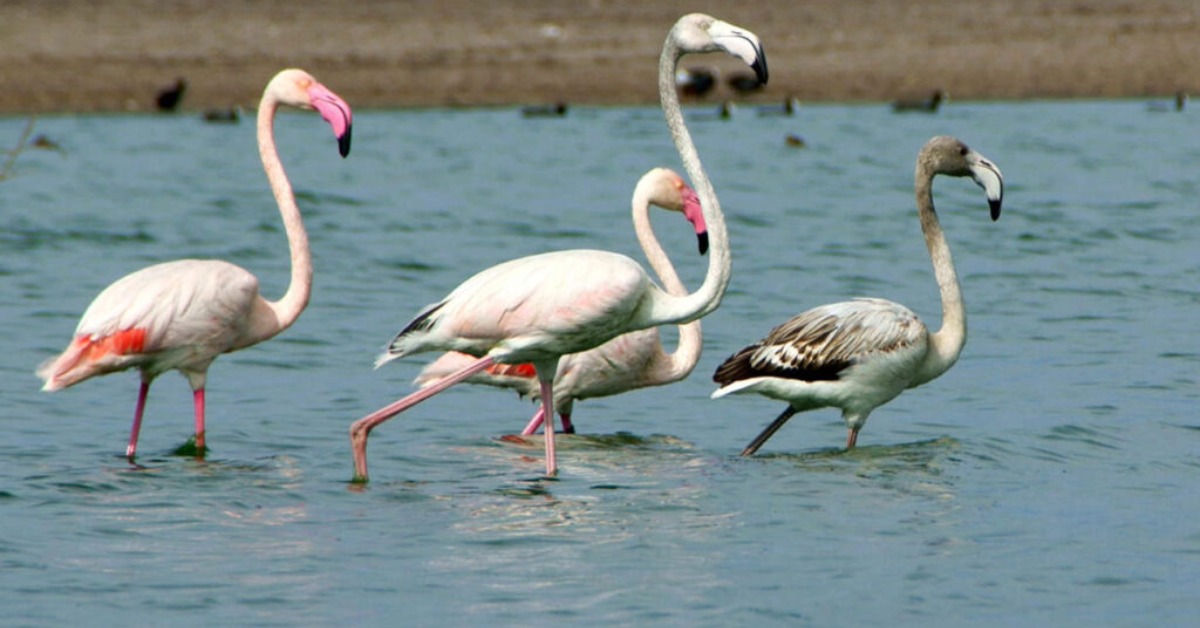Los Cabos became the second place in Mexico to earn the Bird City award, reinforcing its growing birdwatching tourism ahead of September events . . .

Los Cabos became the second place in Mexico to earn the Bird City award, reinforcing its growing birdwatching tourism ahead of September events . . .
